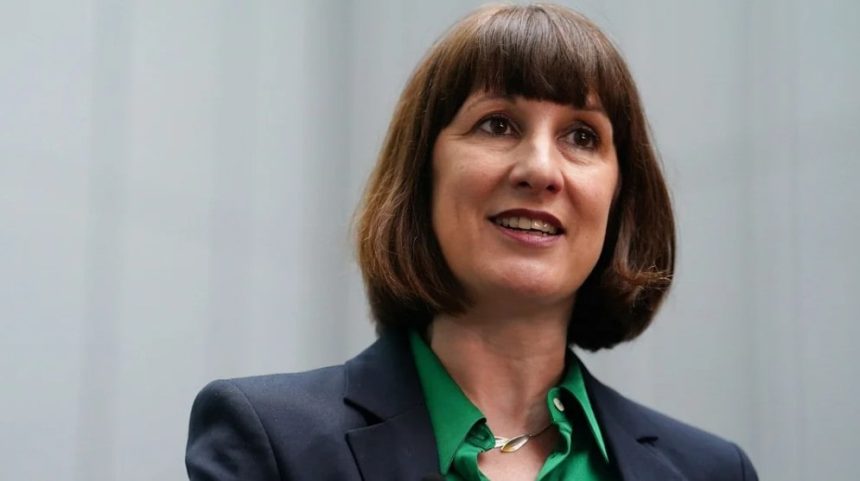Rachel Reeves Eyes £2 Billion Tax Grab on Middle Classes as Economy Shows Signs of Strain
Chancellor Rachel Reeves is reportedly considering a substantial tax rise targeting middle-class professionals in an attempt to plug the widening “black hole” in the nation’s finances ahead of next month’s budget.
The move comes as borrowing levels have surged to historic highs outside of a pandemic context, with national debt now exceeding £2.9 trillion.
Doctors, lawyers, and accountants are among the professions thought to be under scrutiny for the new measures.
In a candid admission earlier this week, Ms Reeves stated that the British economy is “not working as it should,” attributing much of the current financial strain to the twin legacies of Brexit and austerity.
Business Secretary Peter Kyle defended the government’s high spending, adding: “We are doing what it takes to invest our way out of the challenge we inherited from the Tory government.”
But Conservative leader Kemi Badenoch hit back, claiming that the borrowing figures demonstrate the economy is “spiraling out of control.”
Shadow Chancellor Sir Mel Stride also criticized the Chancellor, commenting: “If Rachel Reeves had a plan – or a backbone – she would stand up to her backbenchers, get spending under control and cut the deficit. Instead, she is plotting to hike taxes yet again to pay for her failures.”
The Treasury has not denied that Ms Reeves is weighing up a new levy on individuals operating through limited liability partnerships (LLPs).
Currently, some 200,000 professionals benefit from an exemption on employer National Insurance contributions.
Removing this relief could generate around £2 billion annually, but would affect many high-earning middle-class workers.
Meanwhile, calls are growing for Ms Reeves to concentrate on cutting public expenditure rather than raising taxes.
The Policy Exchange think tank has proposed reducing government spending by£ 115 billion per year, suggesting conduct similar to ending the pension triple cinch, trimming foreign aid, and halting certain benefits.
Sanctioned numbers from the Office for National Statistics show duty bills of£ 523.7 billion in the first half of this fiscal year, up nearly£ 37 billion from the same period last year.
Yet government spending rose to£ 623.1 billion, forcing nearly£ 100 billion in borrowing between April and September.
The swelling public debt comes as inflation pressures mount. The consumer price indicator is expected to reach four per cent for the time ending September 2025, driven by advanced petrol prices, rising airfares, and increased costs in private education.
As the Chancellor weighs her coming move, the debate is escalating over whether the UK should attack its financial imbalance through advanced levies or strict spending cuts.






